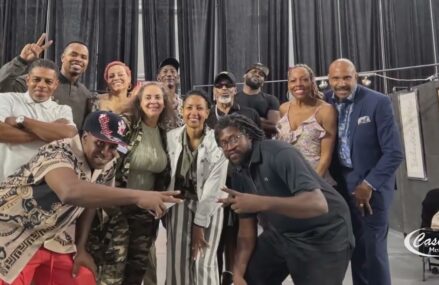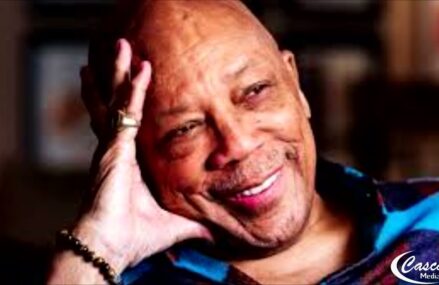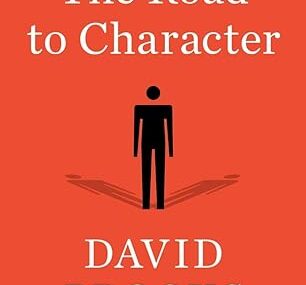Sarah Lois Vaughan (March 27, 1924 – April 3, 1990) was an American jazz singer.
Nicknamed “Sassy” and “The Divine One”,[1] she won four Grammy Awards, including the Lifetime Achievement Award.[2] She was given an NEA Jazz Masters Award in 1989.[3] Critic Scott Yanow wrote that she had “one of the most wondrous voices of the 20th century Vaughan’s father, Asbury “Jake” Vaughan, was a carpenter by trade and played guitar and piano. Her mother, Ada Vaughan, was a laundress who sang in the church choir.[5][6] The Vaughans lived in a house on Brunswick Street in Newark for Vaughan’s entire childhood.[6] Jake was deeply religious. The family was active in New Mount Zion Baptist Church at 186 Thomas Street. Vaughan began piano lessons at the age of seven, sang in the church choir, and played piano for rehearsals and services.
She developed an early love for popular music on records and the radio. In the 1930s, she frequently saw local and touring bands at the Montgomery Street Skating Rink.[6] By her mid-teens, she began venturing illegally into Newark’s night clubs and performing as a pianist and singer at the Piccadilly Club and the Newark Airport.
Vaughan attended East Side High School, then transferred to Newark Arts High School,[6] which opened in 1931. As her nocturnal adventures as a performer overwhelmed her academic pursuits, she dropped out of high school during her junior year to concentrate on music.
1942–43: Early career
Vaughan was frequently accompanied by a friend, Doris Robinson, on her trips into New York City. In the fall of 1942, by which time she was 18 years old, Vaughan suggested that Robinson enter the Apollo Theater Amateur Night contest. Vaughan played piano accompaniment for Robinson, who won second prize. Vaughan later decided to go back and compete as a singer herself. She sang “Body and Soul”, and won—although the date of this victorious performance is uncertain. The prize, as Vaughan recalled to Marian McPartland, was $10 and the promise of a week’s engagement at the Apollo. On November 20, 1942, she returned to the Apollo to open for Ella Fitzgerald.[7]
During her week of performances at the Apollo, Vaughan was introduced to bandleader and pianist Earl Hines, although the details of that introduction are disputed. Billy Eckstine, Hines’ singer at the time, has been credited by Vaughan and others with hearing her at the Apollo and recommending her to Hines. Hines claimed later to have discovered her himself and offered her a job on the spot. After a brief tryout at the Apollo, Hines replaced his female singer with Vaughan on April 4, 1943.[6]
1943–44: Earl Hines and Billy Eckstine
Vaughan spent the remainder of 1943 and part of 1944 touring the country with the Earl Hines big band, which featured Billy Eckstine. She was hired as a pianist so Hines could hire her under the jurisdiction of the musicians’ union (American Federation of Musicians) rather than the singers union (American Guild of Variety Artists). But after Cliff Smalls joined the band as a trombonist and pianist, her duties were limited to singing. The Earl Hines band in this period is remembered as an incubator of bebop, as it included trumpeter Dizzy Gillespie, saxophonist Charlie Parker (playing tenor saxophone rather than alto), and trombonist Bennie Green. Gillespie arranged for the band, although the contemporary recording ban by the musicians’ union meant that no commercial recordings exist.
Eckstine quit the Hines band in late 1943 and formed a big band with Gillespie, leaving Hines to become the band’s musical director. Parker joined Eckstine, and over the next few years the band included Gene Ammons, Art Blakey, Miles Davis, Kenny Dorham, Dexter Gordon, and Lucky Thompson. Vaughan accepted Eckstine’s invitation to join his band in 1944, giving her the opportunity to record for the first time on December 5, 1944, on the song. “I’ll Wait and Pray” for De Luxe. Critic and producer Leonard Feather asked her to record later that month for Continental with a septet that included Dizzy Gillespie and Georgie Auld. She left the Eckstine band in late 1944 to pursue a solo career, although she remained close to Eckstine and recorded with him frequently.
Pianist John Malachi is credited with giving Vaughan the moniker “Sassy”, a nickname that matched her personality. She liked it, and the name and its shortened variant “Sass” stuck with colleagues and the press. In written communications, Vaughan often spelled it “Sassie”.



